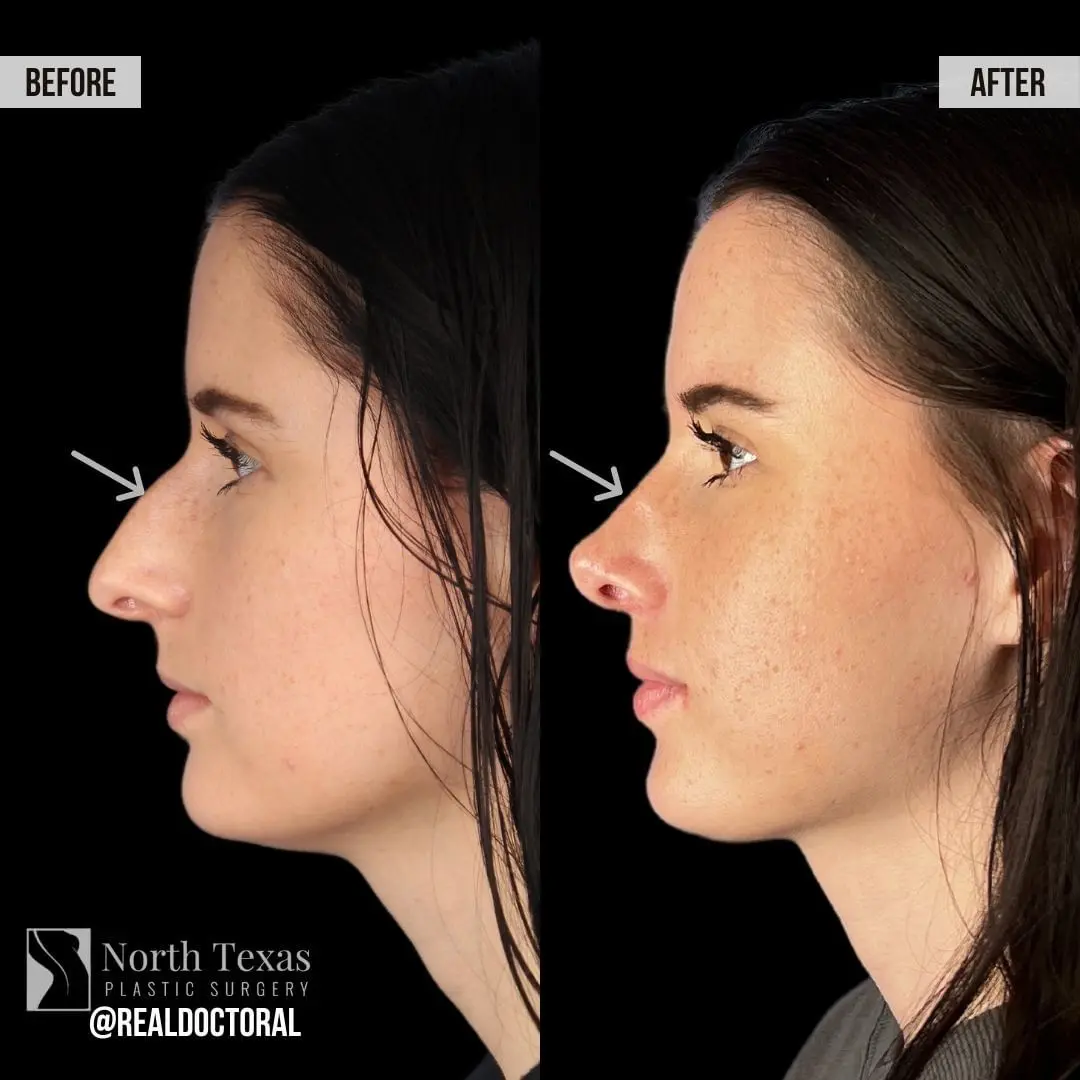Posted: November 24, 2015
By Sacha Obaid
The holiday season is all about family, fun, and food—and lots of it. Overeating during Thanksgiving, Hanukkah, Christmas, and more is almost a part of the tradition of the holidays. Unfortunately, it’s a very unhealthy one.
Learn how to recognize and how to avoid overeating to make your holidays healthier, and your body will thank you for it.
Why Is Overeating Unhealthy?
The obvious answer to this question is simply that over-indulging on a regular basis leads to unwanted weight gain. There are well-known health consequences associated with being overweight, but there’s more to it than that.
Another problem with overeating is that the foods in which we indulge tend to be unhealthy. This can lead to problems such as high blood sugar and cholesterol and imbalances in electrolytes and nutrients.
The digestive system can become dysfunctional, leading to problems such as heartburn, acid reflux, and constipation. And if overeating results in a diet that’s nutritionally poor, there’s a risk of nutrient deficiencies, poor organ function, fatigue, and even depression.
Overeating is an insidious problem because often we’re not aware that there even is a problem. Wondering if you struggle with overeating? The two most common signs are:
- Eating when you’re not hungry
- Continuing to eat after you’re full
Binge-Eating Versus Overeating: What’s the Difference?
Both binge-eating and overeating involve eating more food than necessary, but there are some key differences between these two.
Overeating is something that most people do from time to time, particularly at holiday meals such as Thanksgiving. Eating a larger meal than normal or having a second helping of dessert is something that many of us indulge in at these times. Overeating is not healthy, but it’s not necessarily a problem if it’s occasional.
Binge-eating is more of a habit or compulsion than an occasional event. Someone who binge-eats typically eats very large quantities of food in one sitting, and they feel as though they’re unable to control how much they eat. Because binge-eating is more about how you eat than how much you eat, even a small amount of food can be a binge.
Avoiding Overeating and Binge-Eating
It’s tempting to overeat at Thanksgiving and other holiday meals, but by making some careful choices, you can enjoy your favorite foods without over-indulging.
- Eat slowly — Satiation signals take up to 20 minutes to travel from your stomach to your brain, so eating slowly helps ensure that you don’t overeat before your brain receives those signals.
- Eat mindfully, paying attention to each mouthful of food — Binge eating and overeating are “mindless” eating, when you don’t really think about what you’re consuming or even notice when you start getting full. Mindful eating is the best way to combat this.
- Choose dishes that have lots of flavor — When food is more flavorful, it’s more satiating, which means we don’t need to eat as much of it to feel satisfied.
- Choose dishes that are high in fiber — Fiber adds bulk to food and makes you feel satisfied, so fill up on those high-fiber, low-calorie dishes, and eat only small portions of calorie-laden dishes.
If you struggle with yo-yoing weight, high blood pressure, depression, or other symptoms of overeating or binge-eating, it may be time to make a healthy change. Your body is your home!

 November 24, 2015
November 24, 2015





















